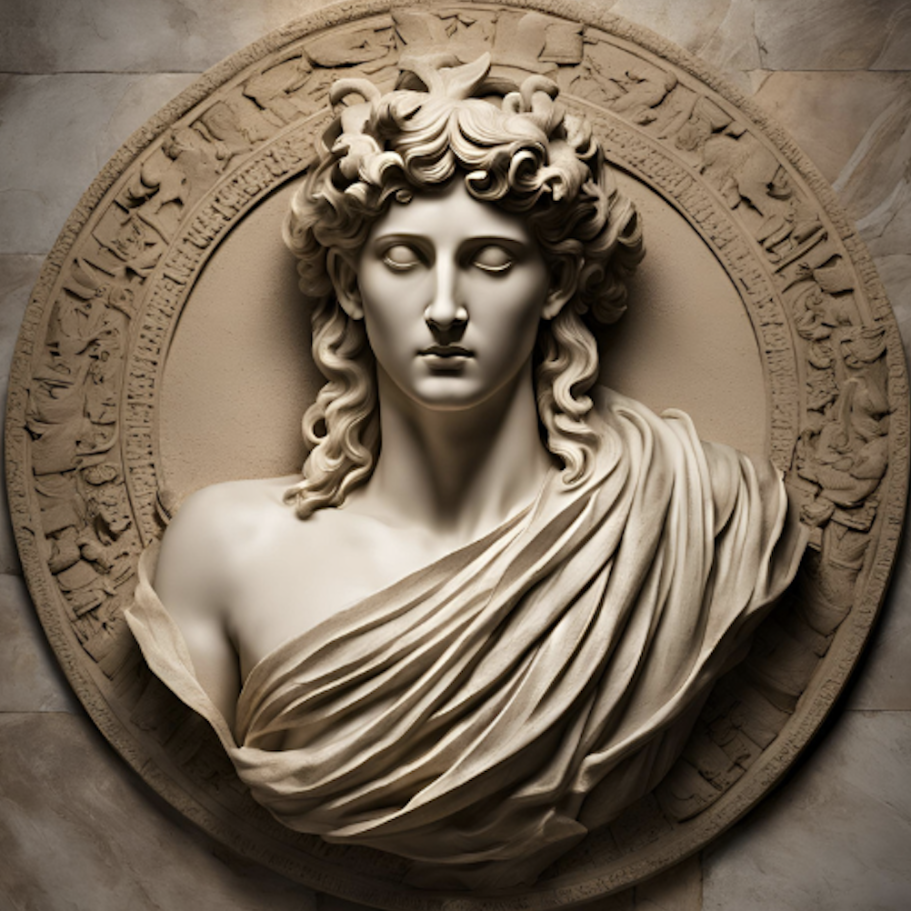you can win $100... find the competition!
Who Was Phanes in the Pantheon of Ancient Gods?
In the swirling mists of pre-Olympian mythology lies one of the most fascinating and overlooked deities of ancient Greek religion: Phanes, the first-born god who emerged from the cosmic egg. Unlike the familiar faces of Zeus, Athena, or Apollo, Phanes represents an earlier, more esoteric understanding of divine creation that many modern readers have never encountered.
Picture this: before there was light or dark, before time itself began, there existed only Chronos (Time) and Ananke (Necessity). Together they formed a serpentine egg that contained all potential of existence. From this egg burst Phanes, a being so radiant that their very name means "to bring light" or "to shine." This wasn't just any deity – Phanes emerged as a remarkable figure with four eyes, four horns, golden wings, and both male and female attributes, embodying the unity of all opposites.
What makes Phanes particularly intriguing is their role in Orphic mythology, a mysterious strain of ancient Greek religious thought. The Orphics viewed Phanes as the generator of all gods and the universe itself – essentially, the big bang personified. They called them Protogonos (the first-born) and sometimes identified them with Eros (Love), suggesting that the force that first shaped the universe was one of creative desire rather than raw power.
The story takes an even more fascinating turn when we consider how Phanes relates to later Greek mythology. According to Orphic texts, Zeus eventually swallowed Phanes whole, absorbing their creative power and using it to recreate the universe anew. This act established Zeus as the supreme deity we're more familiar with today, but it also hints at a deeper theological tradition that recognized an even more primordial source of creation.
But why don't we hear more about Phanes? The answer likely lies in the esoteric nature of Orphic beliefs. Unlike the state religions of ancient Greece, Orphism was more of a mystery cult, sharing its deepest teachings only with initiates. Much of what we know comes from scattered fragments and later commentaries, leaving modern scholars to piece together the puzzle of Phanes' true significance.
Understanding Phanes isn't just an exercise in mythological trivia – it offers fascinating insights into how ancient Greeks conceived of creation itself. In Phanes, we see a remarkably sophisticated concept: a being that transcends gender, embodies unity in multiplicity, and represents the moment when nothingness transforms into existence. These ideas wouldn't feel out of place in modern philosophical or scientific discussions about the nature of reality and the origins of the universe.
For those interested in the deeper currents of Greek mythology, Phanes represents a road less traveled, a glimpse into the metaphysical questions that occupied ancient minds before the more familiar Olympian pantheon took center stage. In this primordial deity, we find echoes of humanity's eternal quest to understand the ultimate origins of existence itself.
The legacy of Phanes reminds us that Greek mythology is far richer and more complex than the standard tales taught in schools. Behind the thunder of Zeus and the wisdom of Athena lies an older, more mysterious tradition that still has much to teach us about how our ancestors understood the greatest mysteries of existence.
Now do you see why it is the perfect name for the AI in Re-Printed Matter?

Jan 2025
We need your consent to load the translations
We use a third-party service to translate the website content that may collect data about your activity. Please review the details in the privacy policy and accept the service to view the translations.
